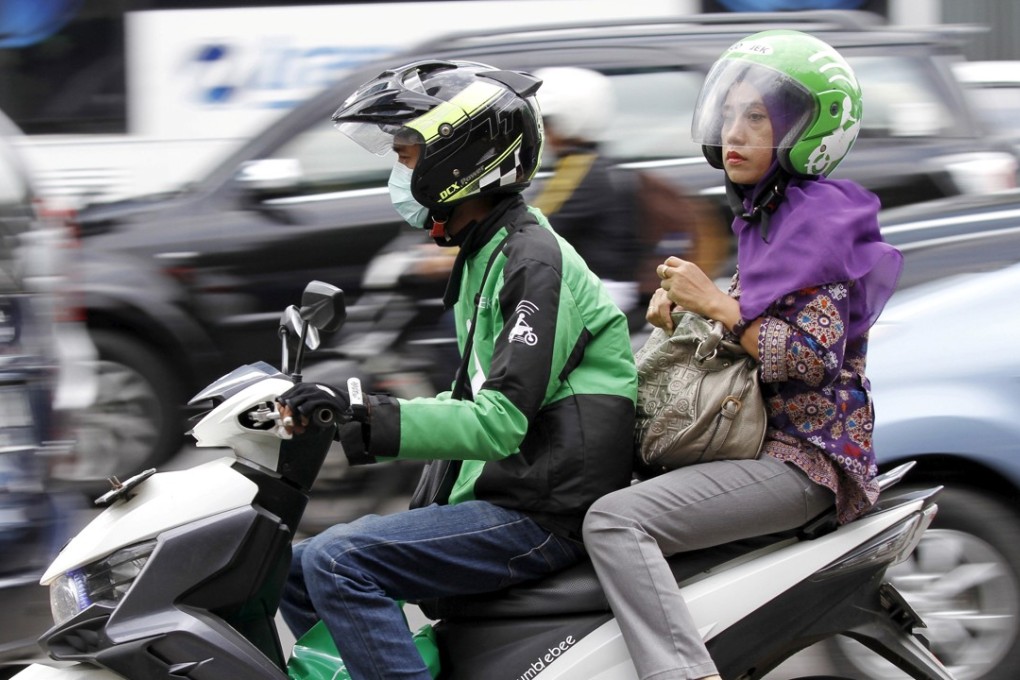Have you been Grabbed? #MeToo, say Indonesians
The ride-hailing boom has yielded cases of sexual harassment – and even murder. As the #MeToo movement galvanises women to speak out, they are watching to see how Grab and Go-Jek will prevent such offences

During the ride to her relative’s house in Jakarta, which took under 30 minutes, the 25-year-old fresh college graduate struck up a conversation with the driver to reduce her anxiety of riding alone with a stranger at 10pm.
Her driver was more than happy to talk, and even reciprocated by making small talk and asking her the usual questions, such as where she came from.
A few days later, she received an email from Grab that said she had left an item in a vehicle and to call a driver’s number to retrieve it. Confused about which item she had left behind, she called the number.
“The driver laughed when I called him, it didn’t feel right so I hung up,” said Asria, who lives in the city of Malang in East Java. “He then texted me on WhatsApp, sent me a friend request on Facebook and followed me on Instagram. I felt so terrified so I blocked him.”